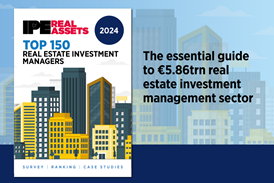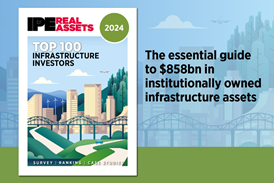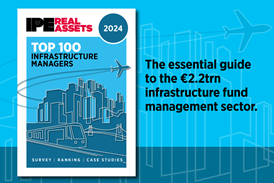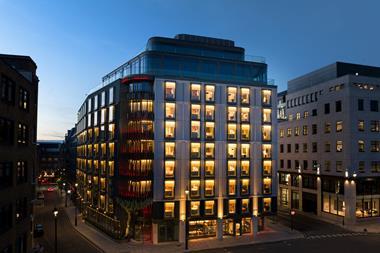Demand for flexible workspace in Germany grew by 79% in the first quarter of 2020 compared to Q1 2019, and by 20% between Q2 and Q3 of this year, according to The Instant Group’s latest report, Finding the Balance. Germany’s top eight cities, including Munich, Cologne and Leipzig, are behind 69% of all flexible workspace demand during the first half of 2020.

Although Berlin remains the flex capital of Germany with 26% market share of all German enquiries, the gap between this market and the next tier is not as pronounced as in other European countries, and demand for flexible office space in other major cities remains strong.
With around 1,000 flex space centres, Germany is now the third largest flex market in Europe, falling just slightly behind the UK and France. Flex space consists of coworking, serviced offices, and hybrid centres that offer both private offices and shared workspaces – in total, flex space amounts to over 196 million square feet of the EMEA office market.
A key strategy that businesses in Germany and beyond are now considering is the ‘Hub and Spoke’ model which provides employees with the option to work from home, a primary head office, an alternative flex location closer to home – or most likely, a combination of all three. The outcome of this is driving a rise in demand for regional and suburban workspaces.
Florian Kappes, Instant’s managing director for Germany, said: ‘Initial responses from businesses in Germany show that the Covid-19 crisis has, in fact, accelerated trends around the procurement and management of workspace. As workers start to return to the office, we are seeing a rise in the demand for secondary locations as employees are reluctant to commute long distances and are opting to stay closer to home to improve their work-life balance.’









